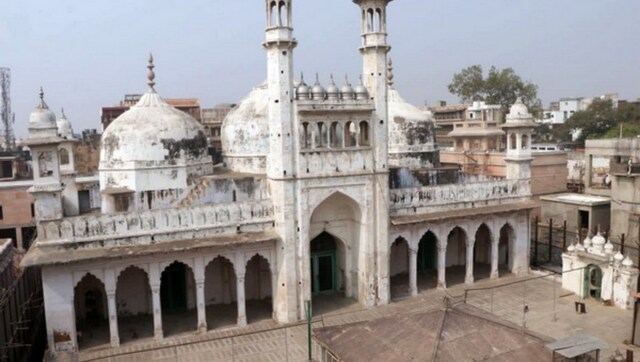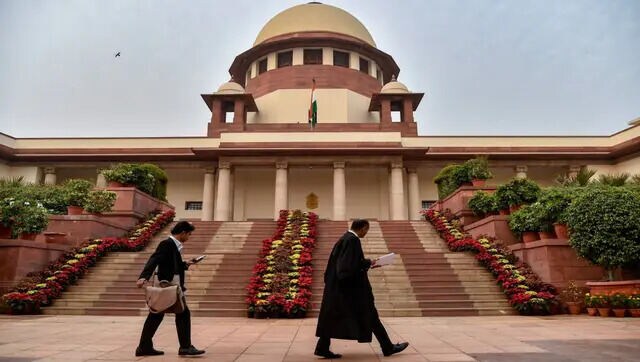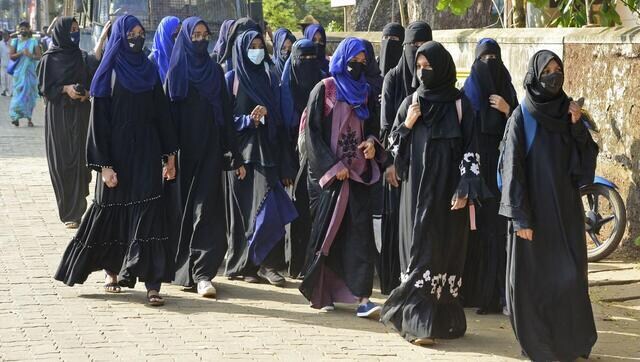Gyanvapi mosque case: No carbon dating of 'Shivling', says Varanasi Court
Carbon dating is a scientific process that ascertains the age of an archaeological object or archaeological finds

Photo for representation
New Delhi: The Varanasi court on Friday rejected the plea filed by the Hindu side demanding carbon dating of the structure they claimed to be a Shivling found inside the Gyanvapi Mosque’s wazukhana or reservoir.
The Hindu side had claimed that a ‘Shivling’ was found in the premises near the ‘wazukhana’ during the videography survey of the mosque premises, which was ordered by the court.
However, the Muslim side said that the structure found was a ‘fountain’. The Hindu side had then submitted an application on 22 September that sought a carbon dating of the object they claimed to be ‘Shivling’.
Carbon dating is a scientific process that ascertains the age of an archaeological object or archaeological finds.
Earlier on 29 September, the Hindu side demanded a scientific investigation of the ‘Shivling’ by the Archaeological Survey of India (ASI) and the carbon dating of ‘Argha’ and the area around it.
Earlier, an appeal had been filed in the Supreme Court challenging the order of the Allahabad High Court which had dismissed a PIL that sought the appointment of a committee/commission under a judge to study the nature of the structure found in the Gyanvapi Mosque, Varanasi.
The appeal filed by seven devotees sought direction from the Archeological Survey of India (ASI) to ascertain the nature of the structure found on the Gyanvapi campus.
The Allahabad High Court had on 19 July dismissed their plea seeking the appointment of a committee/commission headed by a judge of the High Court or supreme court (sitting/retired) to study the nature of the structure found in the Gyanvapi Mosque.
The PIL moved before the High Court seeks direction from a committee to ascertain whether a Shivaling, as claimed by the Hindus, had been found inside the mosque or if it is a fountain as claimed by Muslims.
The appeal in the top court stated that the Allahabad High Court had erred in dismissing the plea.
On 20 May, the Supreme Court ordered the transfer of the case related to worship at Gyanvapi mosque from the civil judge to the District Judge, Varanasi.
Read all the Latest News, Trending News, Cricket News, Bollywood News,
India News and Entertainment News here. Follow us on Facebook, Twitter and Instagram.
also read

No prosecution under section 66A of IT act: SC directs Centre to collect data on pending cases
The top court in 2015 did away with the section 66A of the Information Technology Act, 2000, under which a person posting offensive content could be imprisoned for up to three years and fined

First India, now Supreme Court divided over hijab as two-judge bench gives split verdict
The Supreme Court on Thursday gave a split verdict in the Karnataka hijab ban case, with Justice Hemant Gupta dismissing the petitions against the hijab ban, while Justice Sudhanshu Dhulia allowing them.

Karnataka hijab ban case: Five key takeaways from Supreme Court verdict
A bench of justices Hemant Gupta and Sudhanshu Dhulia pronounced the judgement on the Karnataka hijab ban case today
